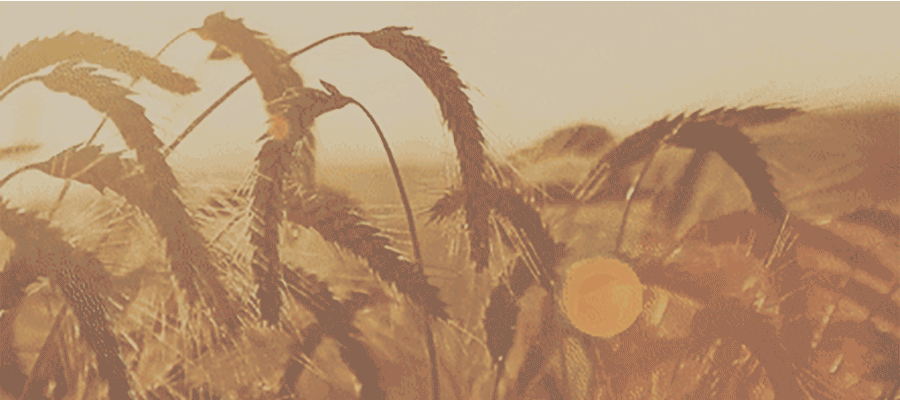

he masks are brightly painted, polish gleaming in the spotlight.
They’re not like imbali masks; the exaggeration is different. The symbols are different. The mother wears an enormous red wig above her mask, piled up a head and a half and strung with jewels. Her skirts are like a house. The mask is shock-white, except for cheeks rouged crimson, painted eyes, the black blot of a stenciled beauty mark underneath her eye.
The daughter, soprano, one of the lovers, is meant to be beautiful. She’s a waif, her mask glowing-white, her dress a nod to what’s fashionable in Sielan; all the ladies in Vienda will be wearing dresses like it, in half a year.
In this scene, her mask is painted with tears. The dark hair is loose around her shoulders. This is the scene where Benedetta begs her mother not to marry her to the governor of Edelagne, rumored to be a cold, cruel man. He doesn’t know how the story ends; he knows it’s meant to be funny.
The gentlemen’s box is a thicket of cigar smoke and sickly-sweet cologne, hair oil and brandy-breath.
The snow whirls down outside, unyielding; it’s warm inside, and he is stifled in his winter suit. At the end of the week, Aeterna is packed. He feels as if he is floating outside himself.
He suspects Mr. Shrikeweed is here to mind him, too; he’s past caring. Shrikeweed has minded him well in the past, and that he can play the Incumbent so well is no small credit to the bureaucrat. But tonight, the mask is different; Shrikeweed taught him to be Vauquelin, but somebody else taught him to be Anatole. He doesn’t need minded at the opera, not anymore.
He’s moved through the night with liquid grace, grace afforded to him more than a little by that cloying shit they’re all drinking. When in Vienda.
Cardinal has popped by their box briefly. He’s getting another job, with the Anaxi ambassador in Florne; it’s always been his dream, and Mr. Shrikeweed the Incumbent was happy enough to write the recommendation. His young wife is a slip of a thing, Anaxi through and through, the lamplight spinning gold from her coppery hair. Among all the women, she looks uncomfortable in her slim silk dress with its high collar, with its asymmetrical ruffles. He has heard she’s from Eastern Anaxas, the daughter of a farmer.
But she’s there and then gone, like Cardinal, like a dozen other functionaries and their wives.
Anatole has smiled with just enough wrinkles around his eyes to look halfway genuine; he has bowed deeply and kissed the soft white gloves of a dozen women, and ignored them, and made sneering little jokes about this or that with their husbands. He takes care with the subjects, the targets; he does not tangle himself up in the factions. He’s become very good at vapid cruelties.
He’s become very tired.
The visitors have stopped coming and going by the second act. The ladies have left the gentlemen in peace, and people’ve gone to be with their sorts, mostly.
Anatole has been with his sorts all night. He’s spent the first half of the second act smoking with the Hessean ambassador and Incumbent de Vries, all old friends of Anatole. All pleased with his performance, even if he catches them glancing down at his hand sometimes as it shakes slightly around the bulb of his snifter. Whoever’s sent Shrikeweed, they have nothing to worry about.
But Anatole is tired, and Ilvala and de Vries’ve been talking to each other and not him for long enough he feels safe drifting away. He finds himself drifting toward the bureaucrat with his embroidered waistcoat. He caprises the familiar quantitative field as he sidles up beside him.
He is grateful, strangely, for a man who knows the I and not the him. Dangerous.
“Her Majesty,” he murmurs, looking down through the velvety dark.
The Queen’s box is on the other side of the amphitheatre, lit with sumptuous gold phosphor. The lamps usually light a swarm of ladies around an empty chair, but tonight, she is there. Her thick white furs are glowing; the ladies’ jewelry flashes like stars.
Her face is thin, and he can see even from here that she rests her head back against the seat. The shadows of her eyes are too deep to see if they are open.
He does not blame her for catching rest where she can, in her condition. He feels a swell of something that isn’t quite sympathy. She is dying; he is dead. He doesn’t pursue the thought further.
The Low Judge’s wife is beside her, dark-haired and heavy-featured; her furs are as dark as the Queen’s are white.
He frowns, and looks back toward the stage. “I’ve heard this play was originally imbali,” Tom says, and offers Shrikeweed a faint smile sidelong. “Bastian adaptations of operas from the Turtle – all the rage. What do you think, Mr. Shrikeweed?” His voice lowers. “I’m not much of a man for opera.”







